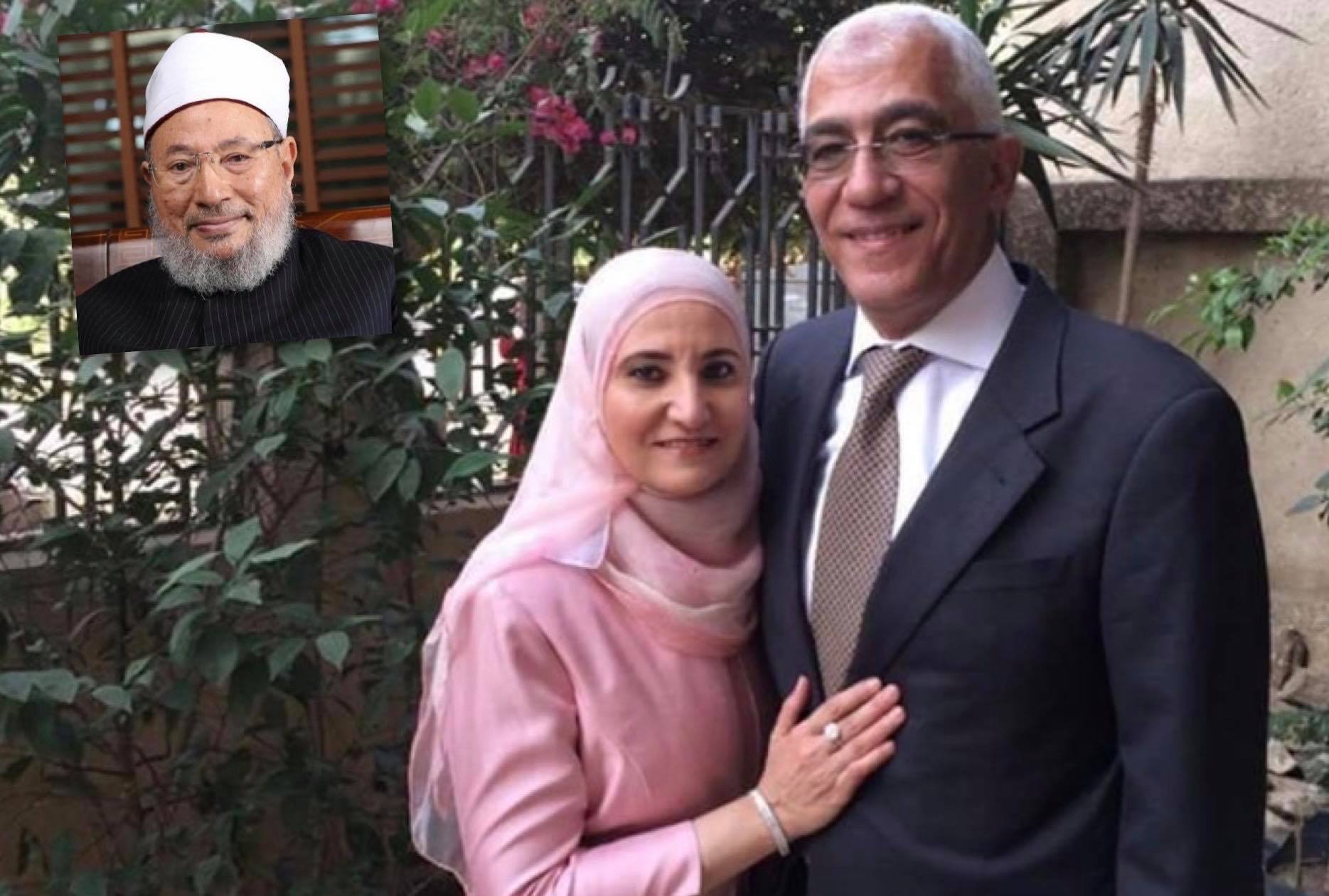The Egyptian Ministry of Foreign Affairs announced on Monday that it “appreciates the relative stability achieved by the Libyan National Army [LNA, the militia of retired Major General Khalifa Haftar] in Libyan territory,” in what is considered tacit support for Haftar, accepting what he described as “the popular mandate to lead the country.”
The spokesperson for the Egyptian Foreign Ministry, Ahmed Hafez, claimed that what “the Libyan army has achieved has led to a decline in terrorist operations in this country. This means, of course, that the terrorist threat emanating from Libya to threaten its near and far neighbouring countries will diminish.”
But Hafez stressed at the same time, “Egypt’s adherence to the political solution in Libya, and the principle of searching for a political settlement to the conflict in Libya, despite the differences between the Libyan parties on how to implement this.” He added that Cairo “seeks to achieve stability in Libya, while preserving the unity and integrity of the sisterly lands of Libya, within the framework of its permanent cooperation with brotherly and friendly countries neighbouring Libya and interested in the fate of the Libyan people.” He added: “At the same time, the search for a political solution does not mean and should not lead to complacency in the face of extremist terrorist currents in Libya supported by Turkey or entering into negotiations with it on the future of Libya.”
Egyptian support for Haftar is considered to be contrary to a number of international positions rejecting Haftar’s announcement that he is leader of the country without internal or external legal support, including by the European Commission, the United States, Russia and a number of countries. Egypt does not hide its explicit support for Haftar, but it does not officially recognise direct military intervention in Libya, as the internationally recognised Government of National Accord (GNA) accuses it of doing. The GNA has repeatedly announced that Egyptian weapons and ammunition have been found in the possession of Haftar’s militia, and accused the Egyptian regime of being directly involved in the conflict in Libya.
Observers view Haftar’s announcement as an attempt to seize power and to keep his allies in eastern Libya away of power, and to repeat what Egyptian General Abdel Fattah al-Sisi did. Haftar used the same words that al-Sisi used when he asked his supporters to gather in the streets and squares in 2013. Al-Sisi said, I ask you to demonstrate in order to “authorise” the armed forces to fight terrorism. Haftar used the word “authorise,” but this time in order to lead the country and cancel the Skhirat agreement.
The inauguration of Major General Khalifa Haftar as governor of Libya and the toppling of the Skhirat agreement sparked controversy over the timing and reasons for this move after the failure of his military campaign against Tripoli. The House of Representatives in Tobruk (East) did not respond to the decision, but deep differences arose regarding ways to resolve the crisis between Haftar and Speaker of the House Aguila Saleh, who has tribal support in eastern Libya. Last Thursday, Saleh proposed an initiative of eight items for a peaceful solution to the Libyan crisis that excludes the military solution, but Haftar came out hours later, asking for the people to authorise him to lead the next stage.
According to observers, Haftar seeks to rule without relying on any legislative or constitutional rule, just like what General Abdel Fattah al-Sisi did when he turned against the late President Mohamed Morsi, the first elected president of the Egyptian people. But the likelihood of Haftar succeeding is less than al-Sisi, despite the fact he has almost all the same support from the same states that supported the Egyptian general.
Members of the House of Representatives in eastern Libya are divided into two groups, one with the constitutional division, which provides for handing over power to an elected body, and the second in favour of Haftar. Libyan sources say that the Libyan general started a massive campaign against members of the House of Representatives, threatening them to exploit relatives or confiscate property, and yet no one actually signed a statement of support for Haftar, only nine MPs.
The opponents of the GNA in eastern Libya are not all with Haftar, as some view him as a failed general who has been unable to control Libya after years of fighting. Some tribal councils loyal to the former regime in eastern Libya announced continued support for Saif al-Islam Gaddafi, the son of Colonel Muammar Gaddafi. As Haftar seeks to take control of western Libya, it appears that eastern Libya is torn between support for the House of Representatives and support for Saif Gaddafi and his network, which has divided Haftar’s allies and stripped Haftar of his legitimacy.
Observers say that Haftar is seeking to form a government that will gain de facto legitimacy over time, despite it having no international or internal recognition at the beginning, just as al-Sisi did. But reality says that nothing on the ground will change after Haftar’s announcement, except for more division in eastern Libya, after the House of Representatives and Gaddafi supporters realised that there is no place for them in Haftar’s state.





Recent Comments